The Maritime Archaeology Trust has received a grant from Historic England to better understand the issues of equality of opportunity for women in maritime archaeology and to develop initiatives to actively improve the situation. The previous Women and Protected Wrecks: Examining Engagement project demonstrated a number of issues impacting women in the field, which, along with the experience of working in the contemporary discipline from a range of practitioners, led to the development of this initiative.
The Women and PWs project used quantitative and qualitative research to investigate low levels of women involved with England’s PWs. Although primarily focussed on PWs it did provide some sobering figures in relation to female representation in maritime archaeology. Some of the headline statistics found during the research showed that:
- The number of female Protected Wreck (PW) licensees is now at 6%, while numbers within PW teams exhibit a consistent trend of being 80% male and 20% female;
- Other statistics from across the sector included: within professional maritime archaeology (largely commercial and charity sector) there were 56% women and 44% men; University teaching staff are 65% male: 35% female; membership-based organisations are 63% male: 37% female; at Trustee, Board and Patron level in organisations it is 70% male: 30% female;
- Those speaking at maritime archaeological conferences are 80% male: 20% female, and within maritime archaeological publication the proportion of female authors is 20%, and within just UK PWs publication that falls to 13%;
- The percentages of women involved in UK diving is around 30% female: 70% male.
For a more detailed breakdown see the Women and PWs final report.
The results and recommendations generated by Women and PWs, gave the first empirical data to consider this area of the discipline, and this new project will build on this. It will assess how the situation is impacting women in contemporary practice, influencing the creation of maritime archaeological knowledge and the setting of research, management and protection priorities. During the project a number of initiatives will be established to begin to actively improve the gender balance in maritime archaeology, and address the issues faced by many women in the profession.
We recognise that achieving gender equality in maritime archaeology requires a multifaceted approach, from addressing historical biases in research and interpretation to promoting equitable practices in education, fieldwork, research, practice and professional recognition. This project will provide the understanding of contemporary maritime archaeology and the issues and barriers faced and will begin to affect positive change through targeted actions. Work to be delivered will include:
- Research on the representation of women in publications, conferences, teaching, groups and organisations.
- Survey and interviews with women in maritime archaeology
- Survey and interviews with senior managers in maritime archaeology
- A series of workshops
- Developing a network for women in maritime archaeology
There is a lot at stake if measures to understand and take action on equality in maritime archaeology in England are not taken which will continue to impact the next generation. This includes a continued loss of talent and innovation, under representation of women in decision-making, reinforcing gender stereotypes, stifling career advancement and impacts on research outcomes. This baseline study will allow understanding of gender roles within the development of the discipline and ensure future projects and recommendations have a detailed history to draw on.
You can take the survey and help us balance the boat here: https://maritimearchaeologytrust.org/womenma/survey.html.
This project will adopt an intersectional approach, with a focus on gender parity. While gender will be the primary focus, it is acknowledged that individuals may experience multiple, overlapping forms of disadvantage or privilege. Further efforts will be needed to promote greater diversity within the sector.
More information about how to get involved will be added soon, in the meantime, if you would like to get in touch please email the project team.
If you are interested in other stories about women and maritime check out our blog posts:
And take a look at this booklet on Women’s Maritime Heritage Stories by Maggie Fogg.

